Happy New Year everyone!
This place has quickly become my favorite platform on the internet. I love being able to engage intentionally over ideas with those who love the world in a little bit of a similar way to how I do.
To kick off this year, I’m sharing a bit about our travels from my perspective. My husband thought some of you might be interested. I feel I’m more of a story-teller or journalist than a travel-writer, but perhaps there is some overlap. Besides the fact that I, too, am on this journey of ours.
Please, never hesitate reaching out to me. I love emailing and writing letters! I love hearing from you all!
Andy and I were sitting together on a couch at a library after our wedding shindig, preparing for our honeymoon travels. We were scheming dreamy plans.
We considered spending all summer in Newfoundland. Maybe after that we’d return as Prodigals on a boat to Europe and winter in the land of our forefathers, where much blood was shed so we might have Cathedrals instead of Masques. Or maybe we would go to Argentina — or Mexico — to raise our kids in a community that values traditionalism. We aren’t conspiracy theorists, and the two of us knew even then that we are thoroughly American.
But it was starting to feel like America didn’t want its own anymore — that America had no room for those who dream the American Dream without dreaming of consumerism, money, or status1.
My husband turned to me, “Bari Weiss followed me on X.”
I looked at the notifications on his laptop, then at mine. She’d followed me, too, so I visited her profile. “It’s a bot,” I said, closing the tab, not bothering to follow back.
“What do you mean it’s a bot?” Andy asked.
“The account has a million followers.”
I’d used this excuse before to dismiss people who followed us, and my husband called me out, “Why do you think everyone is a bot just because they have a lot of followers?”
“Well, if she has so many followers why have I never heard of her?”
“A lot of people know who she is,” Andy said. He told me some people we know who read her. I shrugged it off, eager to get back to logistics. Why did it matter anyway? I was more concerned with getting the house clean and packing my backpack for Newfoundland.





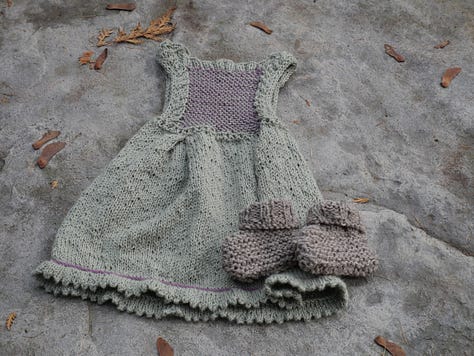
For three days I cleaned up as much of the wedding mess as I could while Andy created a spreadsheet for our upcoming travels.
When it was time to go I didn’t feel ready.
I’d never dreamed that this is what marriage would be like with “Mr. Right”. I had one idea for marriage: a woman and a man in their own home, the man providing for all our needs. I — the matriarch — would be queen of the home and through diligent effort our children would be well-mannered, and our home would be always open to any stranger. I dreamed of hospitality and writing novels and a well-stocked pantry. I knew these dreams were in part idealistic for there would be many times where I wouldn’t feel superbly overwhelmed. I never thought though that the man I might marry would want our home, at least for an indefinite season, to be out of a backpack instead of in a house.
I didn’t feel ready to leave this house that we decided together wouldn’t be our forever home, but I hadn’t married my husband to achieve my own dreams. I fell in love with him in part because he was a visionary and I saw that he had a calling from God. I wasn’t going to be the one who deterred him just because I had some ideas of my own.
I understand this may seem strange to many. We live in a time where people are encouraged to do their own thing and to not make sacrifices. Married couples aren’t exhorted to compromise. Women are told that being a help-meet is more of a metaphor — “Don’t take it too seriously or you’ll lose your personality and independence!”
Of course, these are not things a man can coerce his wife into, otherwise submission becomes merely a kink, and a woman will have no joy if she does not willingly sacrifice her own ambitions as a gift to the man who has won her heart. It must never be felt as a nasty obligation. However, although I felt a twinge of sadness, for I did see that I was sacrificing something of great value to me, I realized that I was gaining something lovelier.
We now had a shared dream — our vision was fully possible because as he spoke I began to plot out all the things I could do. He spoke impossibly beautiful words that I could never think up on my own — and perhaps without me his words might’ve been truly impossible, I realized.
My father had given Andy a copy of a book about “Ruby Ridge” when were were first courting, and Andy made the mistake of reading it in the early days of when we were first contemplating starting a family. Now we did not know if we could stay in America — the land we both so dearly loved, but also now a land that might murder you for any fabricated reason as it did Randy Weaver’s wife and did or tried to do with countless other people my family has known other the years.
Yet we weren’t quite ready to give up our American Dream.
I thought myself a well-seasoned traveler before I met Andy. I thought I was brave and resilient and strong. I was independent and resourceful. I had been a single woman living out of my station wagon for months at a time with my herbs and books and linen. I knew how to make friends and dumpster dive and save money. I knew how to go anywhere and do anything . . . until I had no phone and no car.
Suddenly the world was vast again, and I realized that I had possessed so many crutches — my smart phone, FB friends, consumerist conveniences. Everything I had done until now had been so tame. So not-scary.
At first I tried to plan along with Andy.
That didn’t last very long. I was accustomed to consulting phone apps for everything. Andy could just problem solve when the time came like it was magic.
And so I had to turn off my need to know everything. I already trusted Andy more than anyone else I’d ever met. I had to learn to trust him more.
I remember there being something on twitter about a girl who went on a roadtrip with her boyfriend, and her boyfriend hadn’t reserved any hotels or anything, and so she broke up with him. Oh, darling, sweet angel. Did nobody ever warn you of the mysterious, adventurous creature called a man? Did nobody ever tell you how unpredictable they can be? How if you try to figure them out they become even more elusive, more beautiful, more resilient? They can’t be bound to the rules of time. They shan't be under the thumb of ‘plans’, ‘calendars’, and ‘deadlines’. They are wild-beasts obsessed with your beauty. If you couldn’t take a wild date, how do you think you’ll handle marriage?
I’ve heard that some men do plan every step of every trip, and that many men even make reservations to the places they hope to eat at and sleep at. I’ve certainly never known any such man like that (including my grandfathers, uncles, seven brothers, father, and various other men who I’ve felt close to in some capacity). Men don’t make reservations (honestly, I never did in my single days either, so maybe it’s a class thing and not a gender thing).
Our travels to Newfoundland were some of the most beautiful days. Nothing was reserved or carefully planned. I know that Andy planned some — I, though, had no idea of what we were doing often enough until it happened, and even then I felt a little unsure. I felt like a child who had just learned that fairies are real despite the rumors. And then we went to Madawaska, Maine — my first time to Maine and it was through Canada! — because it turned out that Bari Weiss was indeed not a bot, and she liked Andy’s writing and our idea to court America and Fall Back in Love with it. Obliged to admit that I was wrong, I followed her back.
We found ourselves in the farthest northern corner of America and right at the start a French Catholic man of about eighty years old hollered to us from his truck. “Do you have a place to sleep tonight?” His wife had left him and so he lived in a mansion all alone.
I always feel bad if we reject someone’s hospitality — we both felt a sort of guilt for having secured lodging already. But we had breakfast with the man and he told us how he looked for people to stay in the many rooms of his place — the home that was empty although it was where his eleven uncles, he and his ten siblings, and then his own twelve children had been raised.
After that we went West — a part of America I don’t think I’ll ever be able to understand, for it has an inflated Ego about it that makes no sense to me. What it has the rest of the world also has and has had for much longer. And yet the people are cool and distant, unable to wave at a stranger for a stranger must “prove” itself. I’ve never agreed with such a short-sighted mentality about strangers, or thinking we deserve something because of societal expectations we’ve set up. We met up with our editor — a very sweet, endearing person who made us certain that we chose wisely to remain in America another year — and we began traveling earnestly.
Beaver Island, Michigan
We began Falling Back in Love With America in Michigan.
When we travel, Andy sees the land and how civilization interacts with it. I’m more interested in people, their religion, and their thrift-stores. Andy judges a place by how it balances industry and nature. I discern the character of it’s population by visiting its churches and looking at what it views as “garbage”. Of course there is overlap between him and me — we are both guided by romance in our approach, and interested in having conversations and meals with strangers. And neither of us see anyone as a stranger — all men are friends and brothers, even those who hate us and those who we distrust.
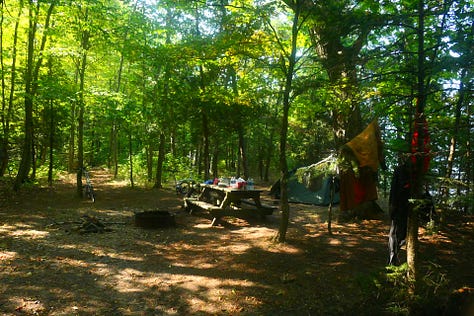
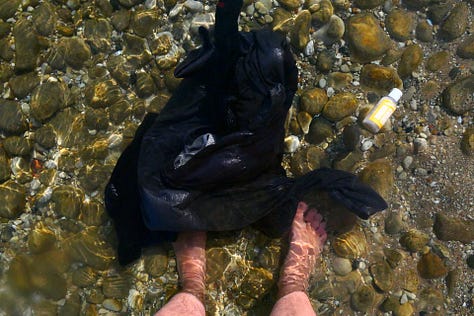
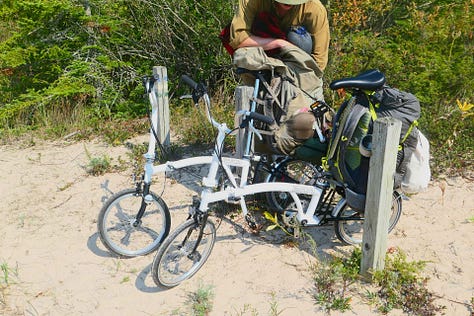
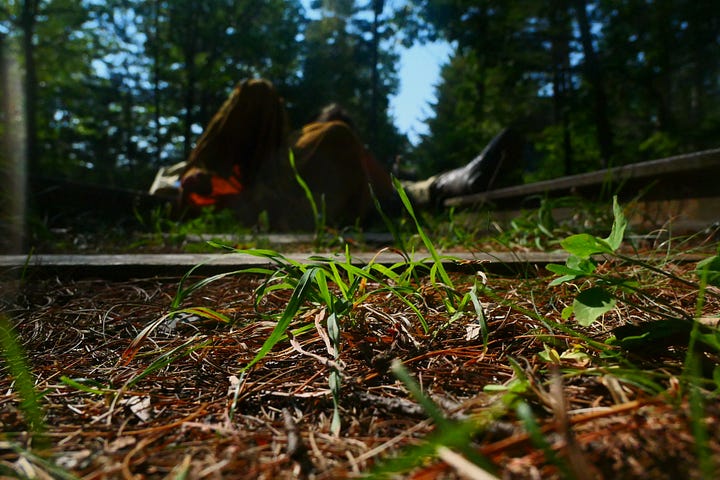
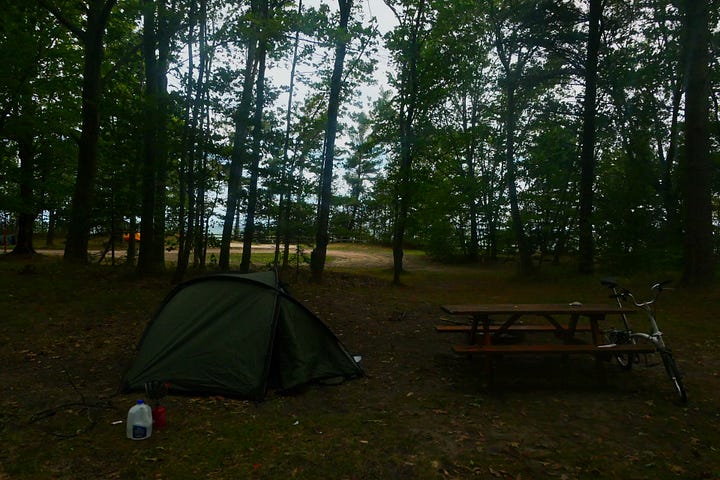
I was stunned by how populated and decrepit Michigan seemed to be. But then we were on a long bus ride to our destination and we wove in and out of many ghettos, and then we boarded a two hour ferry that took us away from all that
We were starstruck when we landed. We’d traversed through much filth and discomfort, and this place felt like the solutions to homelessness and man-made suffering. The sentiment was fleeting; we tried to stay at a campground near the beach. Although it was empty, we weren’t permitted there unless we owned property on the Island or knew someone who did. This was not an Island that welcomed young-blood, but rather it was a giant HOA for the retired and wealthy. It was not a place where children would or could stay.
We ended up finding another campground. It was not cheap to stay there for long, but we had a place to put up our tent without anyone hating us for it. After that we attended local events and visited all the bars and diners. The Island also had one of the nicest libraries and one of the best thrift-stores I’d been to in awhile. Not only did it have an excellent assortment of quality items, everything was very cheap. It felt like going into a collection of old ladies’ attics.
Three things stood out to me:
The food pantry boxes:
There were three churches on the island. One, an Episcopalian church was open only in the summer time because it had so few members, and it’s season had just ended when we arrived. The second was a non-denominational church with many friendly older couples. The third was the Catholic church where most of the young life on the island was found. We met lovely people at both of these latter churches. However, I noticed something quite profound when I peered into their food-pantry boxes.
The non-denominational food box was full of boxed cake mix and frosted flakes. The Catholic church's food box was overflowing with Irish beer, as well as canned goods.
The Mormon King History:
I won’t bore you with much about the history of the island, however, there is much ado about the a Latter Day Saint man who after Joseph Smith’s death declared himself King of the Mormon’s and claimed Beaver Island as their kingdom. At some point he declared that all the women should shorten their dresses and show off their bloomers instead of wearing the ankle-length dress of their day. Now just imagine this for a moment! In all of history pants and short dresses have always been a touchy issue. However this is the only time I’ve ever heard of them being mandated rather than prohibited. Naturally some of the women were scandalized and refused. And so their husbands were flogged. However, those men were angry, and short the self-made king.
I love this story for several reasons. It shows that a society can sometimes rebel against immoral cultural trends. Not all women cared to fight for the right to wear trousers. Some in fact fought for the right to dress like dignified women. I find that story inspiring.
The Tribal Gathering:
Early in our visit we found ourselves sitting at a street table with a drunkard who called himself “Indian Joe.” He and his many siblings were raised on the island, and there seemed to be a little drama. People would walk by us, see “Indian Joe” and veer as far away from us as possible when they passed. It became sorely obvious as passerby after passerby repeatedly avoided seeing him or being near him.
“You notice that?” he asked us. “There’s some racism on the island.”
However just three days later there was a “Gathering of Grandmas”. Four or five women, including Indian Joe’s sister, put on a tribal celebration for the Island, and so many people showed up there were hardly enough seats. What had happened to the people’s sense of racism, I wondered.
The Grandma’s were underwhelming. Most of them looked like typical feminists: short hair, makeup, factory-made jeans and leggings. They wore nothing tribal. Only one woman had long grey braids, and wore some sort of woven cape. They “shared” wisdom with us, but it was no different than anything any white woman might say who was on a discovery of the “emotional self”. Once or twice they sang an ancient song and broke into a moment of wailing and praying.
They were just like any other progressive white woman, I realized, and this is why people were able to accept them. If they had come in their own clothing instead of in homogenize factory made clothing, if they had offered hard to hear Proverbs of their people, if they had said, “Women, you are most empowered when you learn to make your food and mend your clothes and love your children” they would have been hated as much as “Indian Joe” was.
Churubusco, New York
Feeling like we’d found “home” and then experiencing disappointment all on the first trip made us want to return home. We didn’t go all the way home, though. Instead we rented a cozy, tiny apartment on the border of Canada and Upstate New York in a little town that Andy had taken me to see once before.
While we were here I became obsessed with knitting little dresses and rompers for my friends who seemed to be having babies all at once.
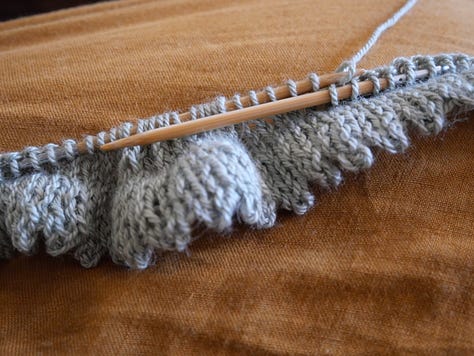
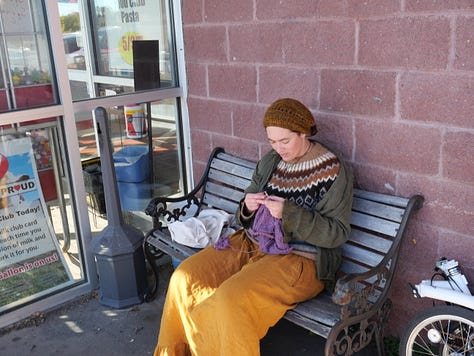



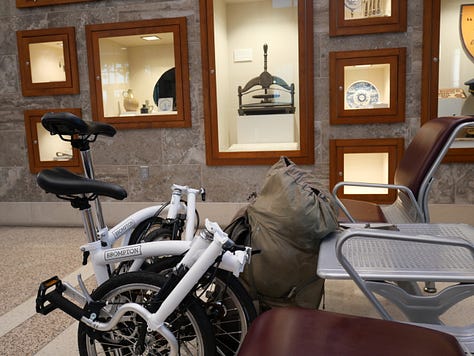
We were fifty feet from the Canadian border and ten miles from the closest town. We had our folding bikes, so we went to town about twice a week for groceries and church. There was an antique store where Andy surprised me with a vintage baby bottle as a vase for wild-flowers, but other than that it was an affordable and almost boring place.
While we were there we had three guests. A dear friend from Canada came to visit, and then we went with her for a weekend to Canada to visit her church in a tent.
Backpack Hospitality:
One of the most difficult things about traveling for me is feeling less able to be hospitable. I’ve written a lot about being spontaneous hospitable, but this idea was based upon the idea that you have a home from which to receive guests. I have not stopped believing in hospitality while on the road, though. I’m just learning what it means more intimately outside of the protection of a kitchen and living-room.
Naturally, we are in a phase where we are the ones who are receiving spontaneous hospitality more often, which is also good. It is humbling to accept the gifts that normally you like to offer. It also forces me to acknowledge I still have much to learn, and that there are others who are doing this Christian Virtue in a more selfless manner.
I am grateful for this opportunity to observe.
Nevertheless, I can still give when presented with guests. One day Andy had someone reach out to him on Twitter asking to meet up with him. I thought it would only be a man, so I grabbed my knitting, preparing myself for hours of man-talk. However, a van arrived and there was a woman with several children tumbling out after her!
I was living moment-by-moment for two. I had no pantry and no “extras”. I did not have a lot to offer, and yet I offered all we had. We could ride our bikes to town again tomorrow. And because they were living on the road, they too were not helpless. We made “stone-soup” aka hot-dogs on bread with condiments with the option of rice, and because our place was quite tiny, we ate outside under the tree.
That visit was followed by one other — neighbors of ours came over for a meal. I managed once more to scrape together a delicious and healthy meal from all that we had, and they brought dessert, and I found a few toys for the little ones.
Hospitality, I’ve learned, is a spiritual thing. It is us keeping our hearts open to others always regardless of the circumstances or of how much we have. I am reminded of the Widow’s Mite2 .
"The vow of poverty opens one's hands so they let go of everything they were clutching" ~ Edith Stein
Living simple is hard because it means questioning what we perceive to be our needs and finding that maybe we are clinging to things we ought not always. I know this season of life will not last, and that my husband’s vocation will eventually transition so that we are living in a home with many possessions again, and I will be able to wear a different dress everyday instead of just two outfits for months on end.
However, I think I’ll never view those things quite as dearly as I did before, for now I see how burdensome and unnecessary it all can be. I believe I’ll always look back on this year as an extraordinary eye-opening pilgrimage.

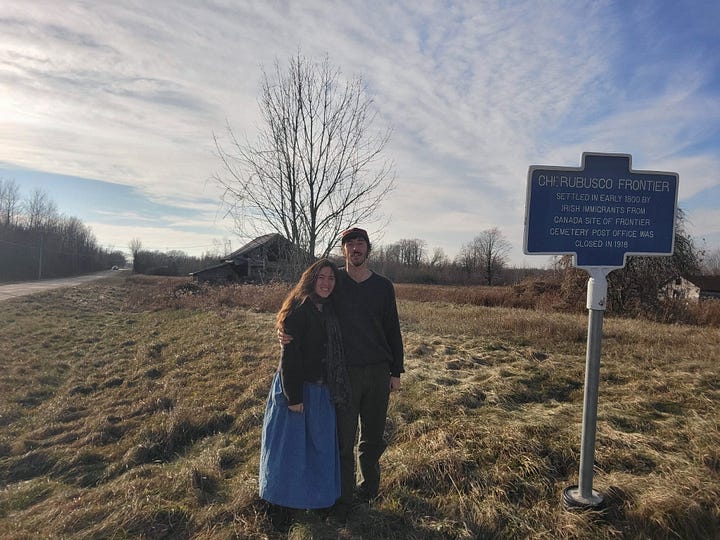
Strep Throat and Staying Healthy:
Another difficult thing is not being able to carry all my herbs and tinctures in my backpack. My immune system is usually pretty good, but I also usually rely on echinacea and various other herbs when others are sick to ward off any potential contamination.
I’ve simply had to make do with simplifying.
I’ve never had it before, but after playing with some kids who had it, I caught strep-throat. I was not interested in getting antibiotics. I had a little colloidal silver with me and used it all up. I also gargled salt-water and apple cider vinegar, and put garlic into everything I ate. It was one of the most miserable things to heal through, but I managed.
After that I have continued to keep ACV, colloidal silver, garlic, and sometimes some ginger on hand. And of course I use a lot of honey when I’m able.
Berlin, New Hampshire
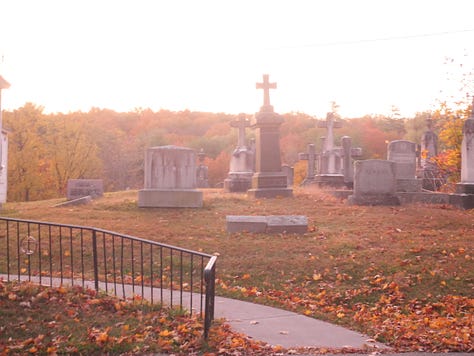


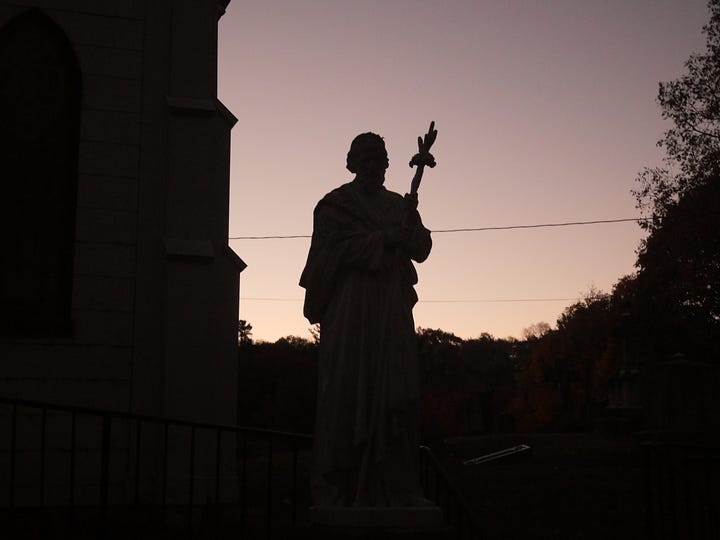

We made a detour through NYC to attend a small gathering of skeptical-machine folks, and then the Erasmus Lecture by Paul Kingsnorth which I highly recommend watching. We had to dress up fancy, and weren’t quite able to pull that out of our back-packs. But NYC has some amazing thrift-store to rummage through!
Berlin turned out to be quite social. It had one of the most beautiful rural Catholic churches we’d ever attended. The thrift-store (Catholic operated) was also one of my favorites I’d ever gone to. The sewing section especially was well organized and had a little bit of everything for cheap. When I was there I was looking for wool yarn for a baby gift. With my trusty firelighter, I was able to source enough yarn to make everything I needed for just twenty-five cents.
There was a Jacuzzi bathtub in our apartment. I’ve been washing all our laundry by hand in a tub or creek, but while there I discovered that filling the tub with water and clothes and turning on the jets was enough to save my elbow-grease for another task!

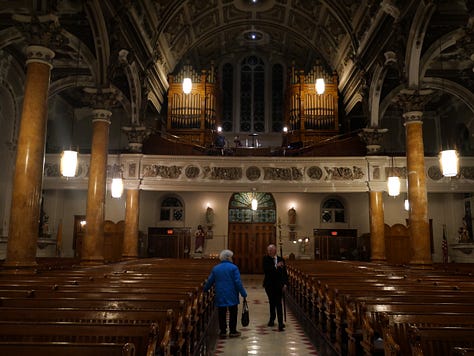


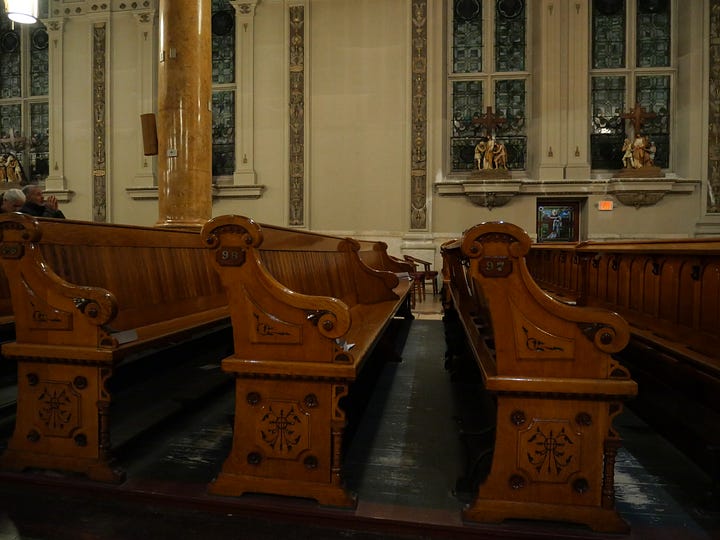
Years ago I hosted an event at Porcfest called the “Yellowstone Outpost” that resulted in my story being featured in the NBC Boston Document series about New Hampshire. Because of that I knew I would be able to meet people while we were in Berlin. There seems to be a coalition there between the Catholics and Libertarians, and it was interesting to meet some of those folks. We ended up watching the election night at another Free-stater’s home — he invited us over via a FB group knowing nothing about us!

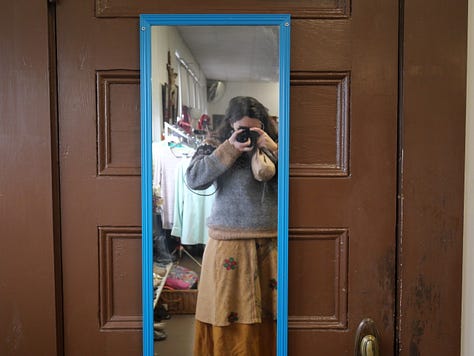



The people we met with were cordial and polite, and we loved the church and thrift-store, and the land, too, charmed us. However there seemed to be something missing. It felt like every place we went, we were on trial somehow. I was I.D.’s for my husband beer at a gas station (I never have my I.D. on me). At a restaurant the waitress took my gas-station and purchased vitamin water away because no beverages were permitted inside other than what they served. It was the Live Free or Die state, but as my husband pointed out, nobody really seemed to be dying or living freely.
After we left, too, I found out I had a friend near there suffering from a mental breakdown. And I could get none of the people I’d met to go check on her.
Home For A Week
For one week we unplugged from our travels and writing and went home to our house that we jokingly call our “storage shed” where we keep our books, fine-china, and extra socks.
We went there to winterize the place and finish cleaning up the wedding mess. I also discovered that a mouse found the ten pound bag of peanuts, and had scattered them all across the house. And so I pulled out every piece of furniture and emptied every drawer to vacuum and set everything right.
That took a couple days. After that I cooked for us and hosted a dinner party for our neighbors and we read every evening and took long walks and talked about the future.
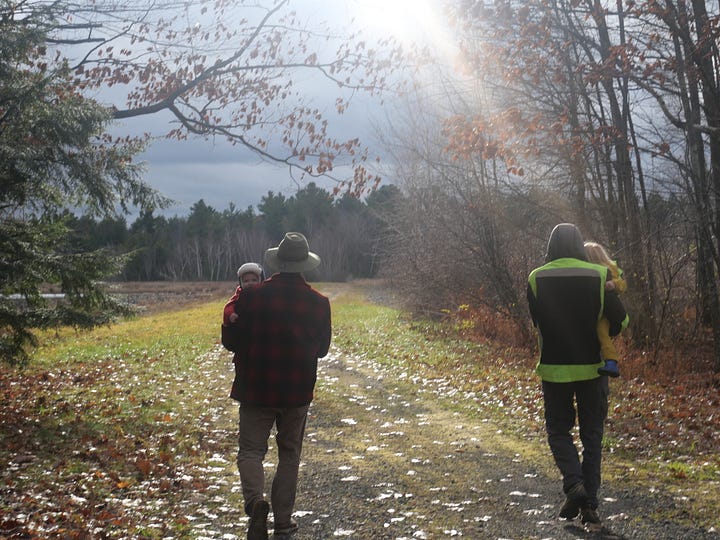

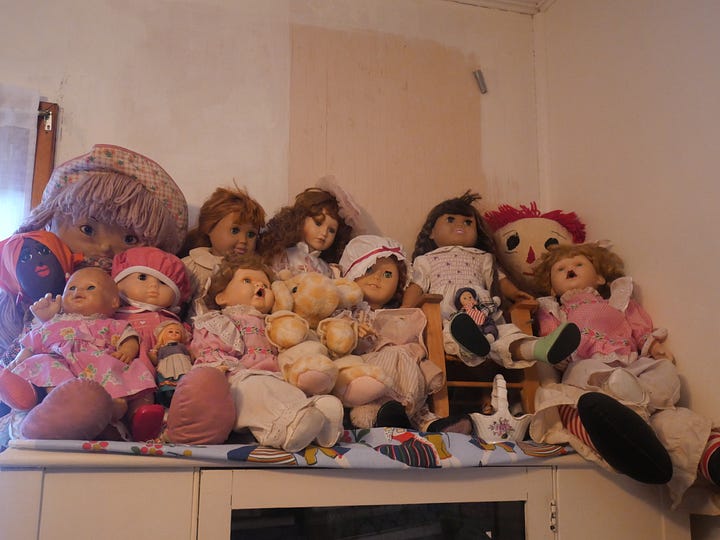
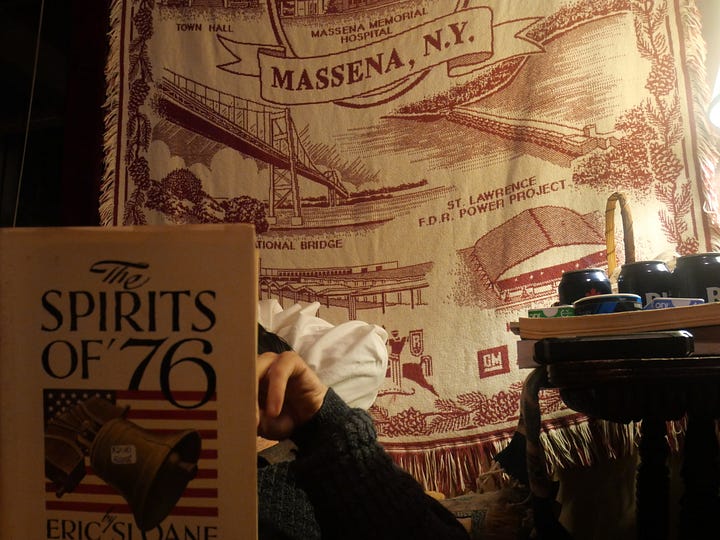
Back West
After Thanksgiving with Andy’s family, we hopped the train for west once more, this time purchasing a sleeper car. We’ve have ridden Amtrak many times, but this was the first time we’d done so an been able to actually sleep a night — two and three nights — through.

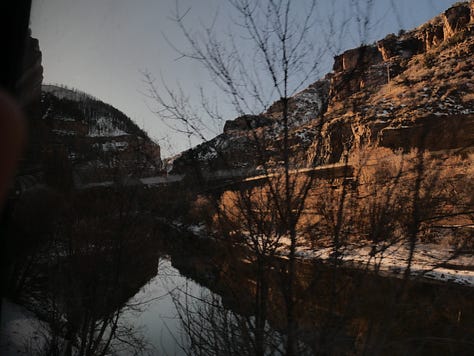
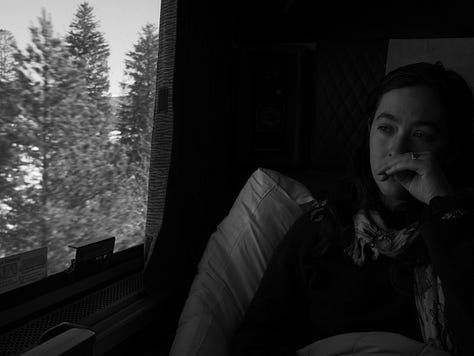


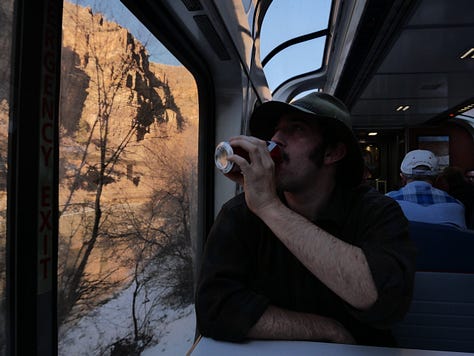
There is no wi-fi or cell service, and so everyone is forced to talk to each other. We met many wonderful people, including two women from France and Austria who are riding their bikes through Canada and the Americas. Our last night waned late as we visited with the European women, two mining men from Nevada, and a ski-bum from the Midwest.
We arrived to Elko, Nevada at three a.m. and walked through town until it was light and we found a place to stay. Once settled, we plotted out the churches and thrift-stores and bars. The bars are lively. There are few women here, so I shouldn’t have been stunned to notice that the thrift-stores were scant and bare. There’s a large Mexican population here — Spanish mass is crowded. Attending the English mass afterward felt almost sterile in comparison! There are also many Mormon churches and a Jehovah’s Witness church — quite friendly and talkative people who are fearless and accommodating always to strangers. I don’t care what the majority of Protestants say about these two sects, I will always view Mormons and JW as fellow Christians for as long as they continue to be so hospitable and filled with good-works.
After Nevada we went to stay with a woman in California. She wrote a lovely book that is a sort of Hallmark esque suspense romance about a sheltered Christian girl.
It’s been two decades since I was last in California. I’m mesmerized.
After writing this hit piece on the West, I think I’m falling in love with this part of America. I still don’t really like Montana ranch culture (despite having a really good friend who is a generational Montana rancher). In all of my travels it’s the most white-washed hostile “culture” — I put that in quotations because I don’t think it has much culture left to it anymore. It’s mostly decayed. It’s lonely and isolating, and I don’t think it is long for this world. Oh, I believe the beef industry will continue, but where it thrives on less such as in Missouri.
What I love about Nevada and California is that there is still untouched pockets of Culture. And the landscape is gorgeous. People look you in the eye here, and are interested in you. They are beautiful. They interested in things other than potatoes and beef, and seem especially interested in people including outsiders.
I like that, and feel at home here, and laugh now as I think of how hated Californians are everywhere else. But the most wonderful people are often the most despised.
If you don’t want all this it’s assume you’re fine with beating your wife and living on food-stamps.
Mark 12:41–44





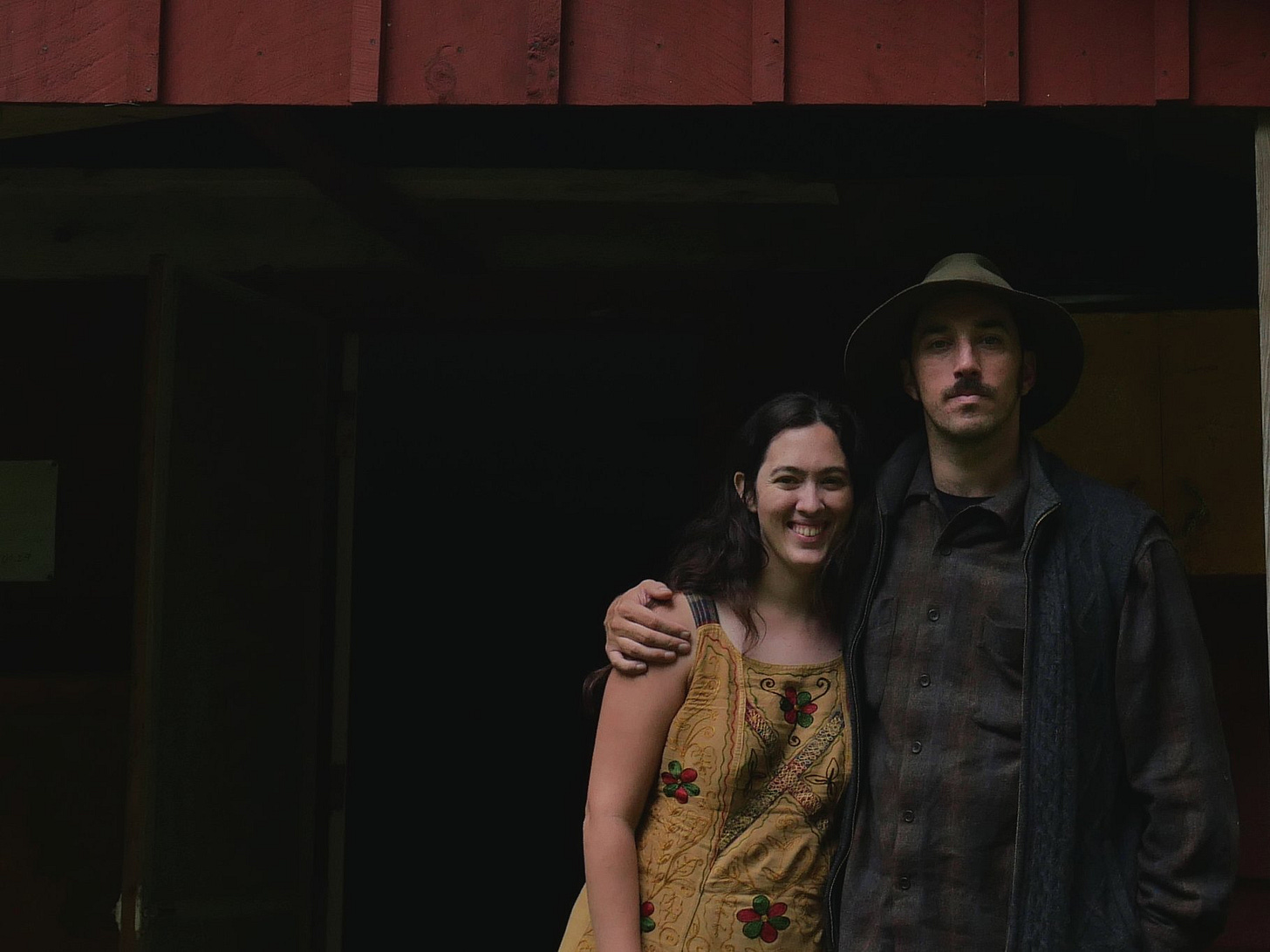

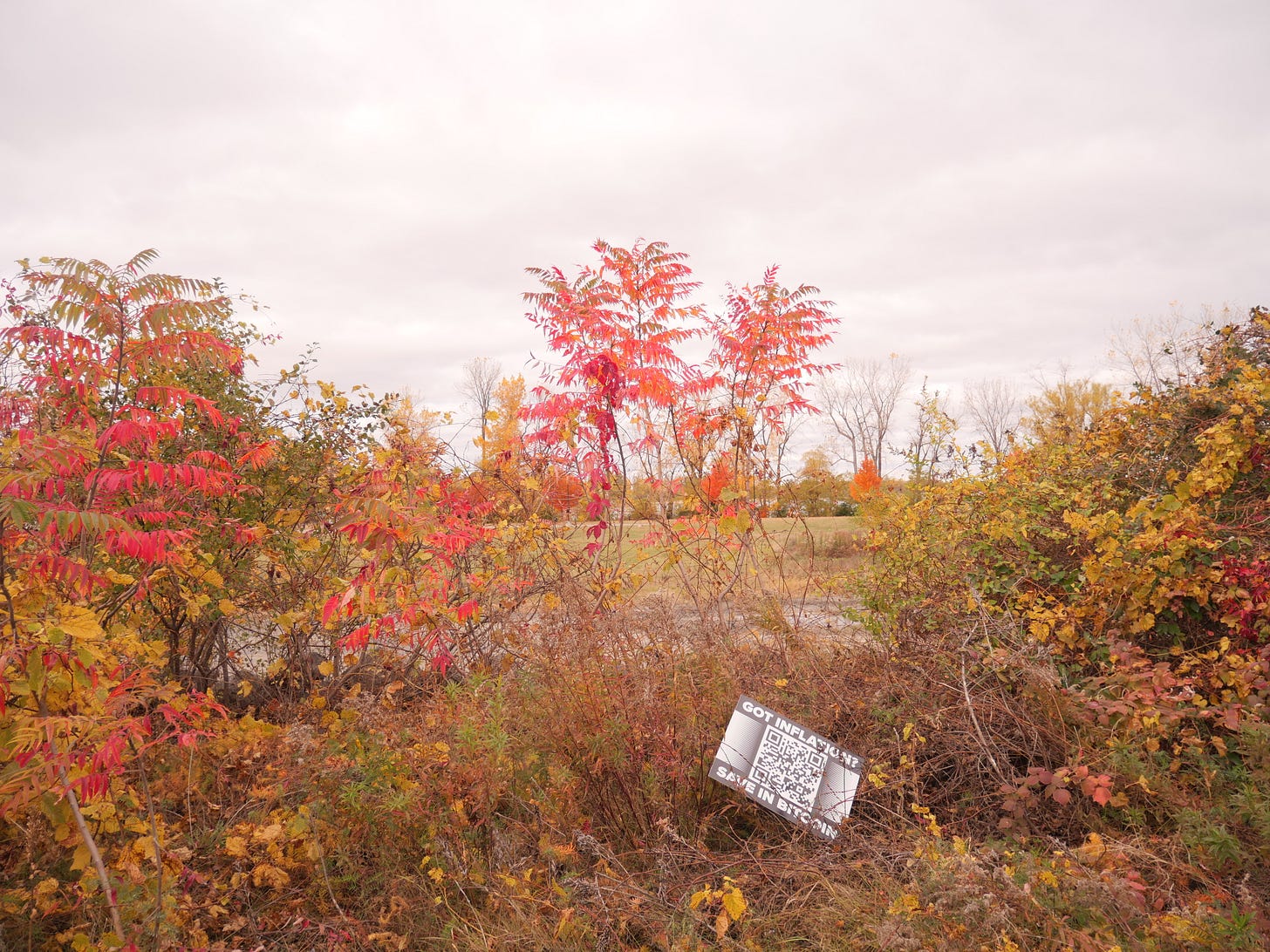

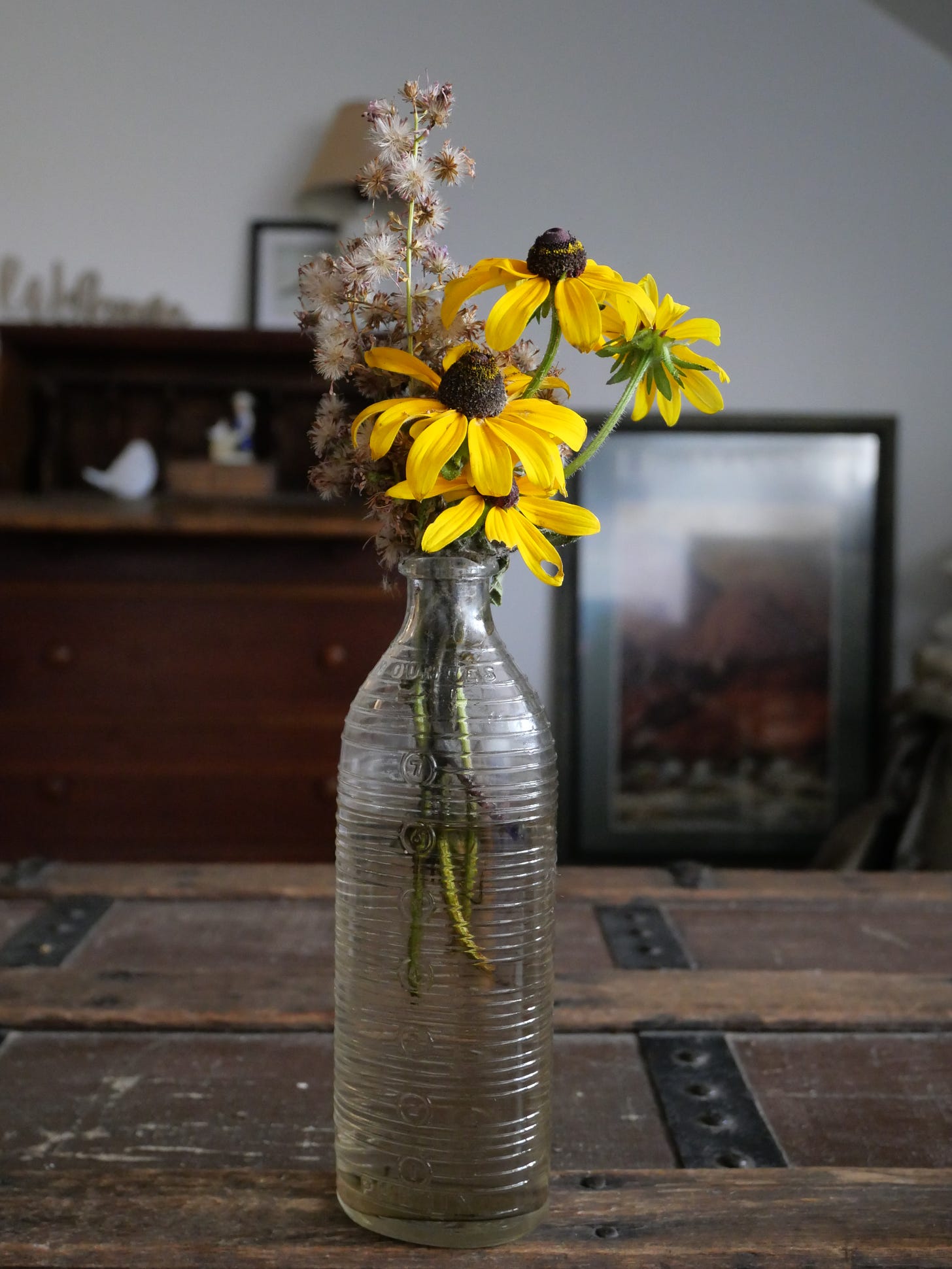
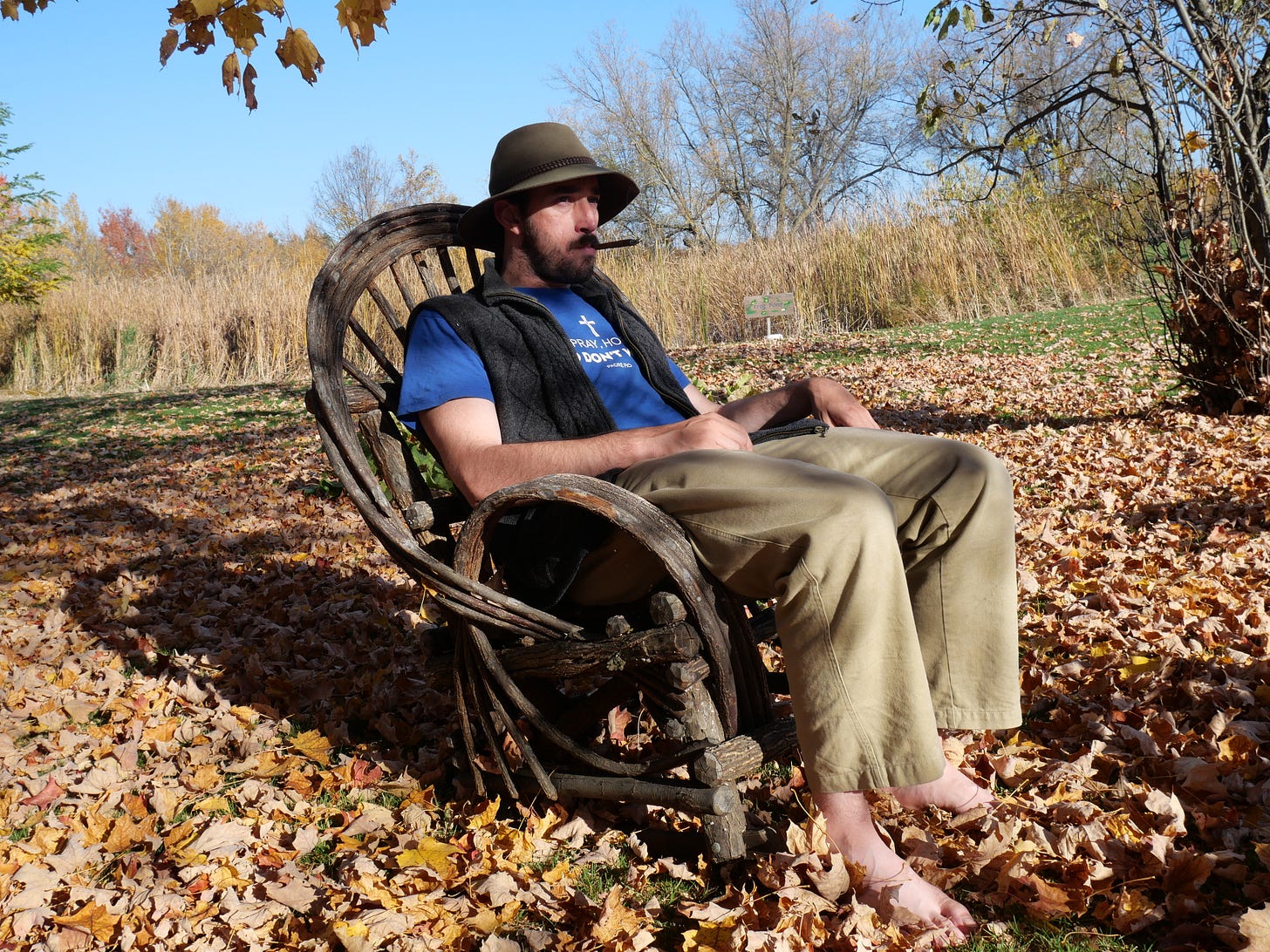

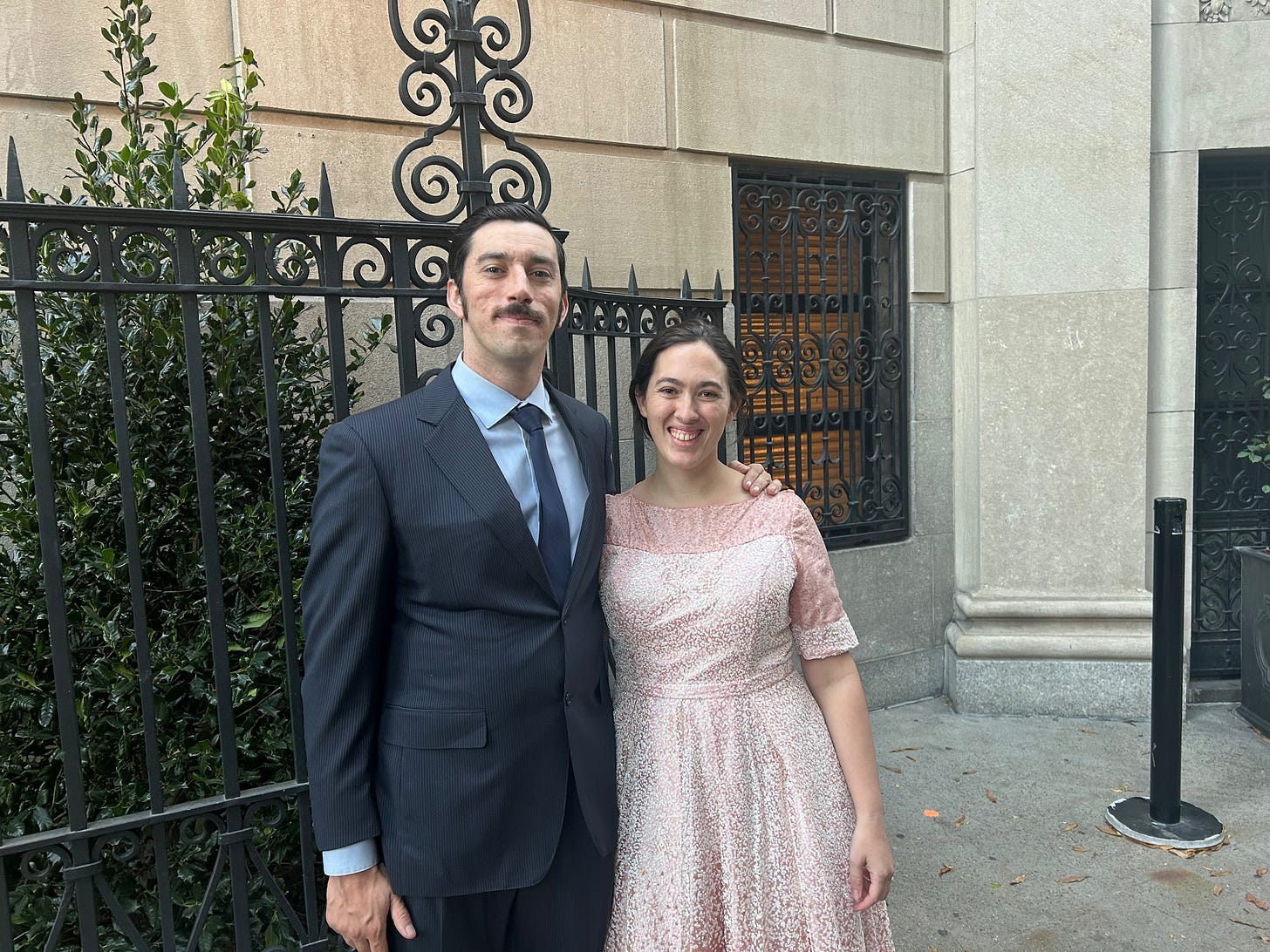

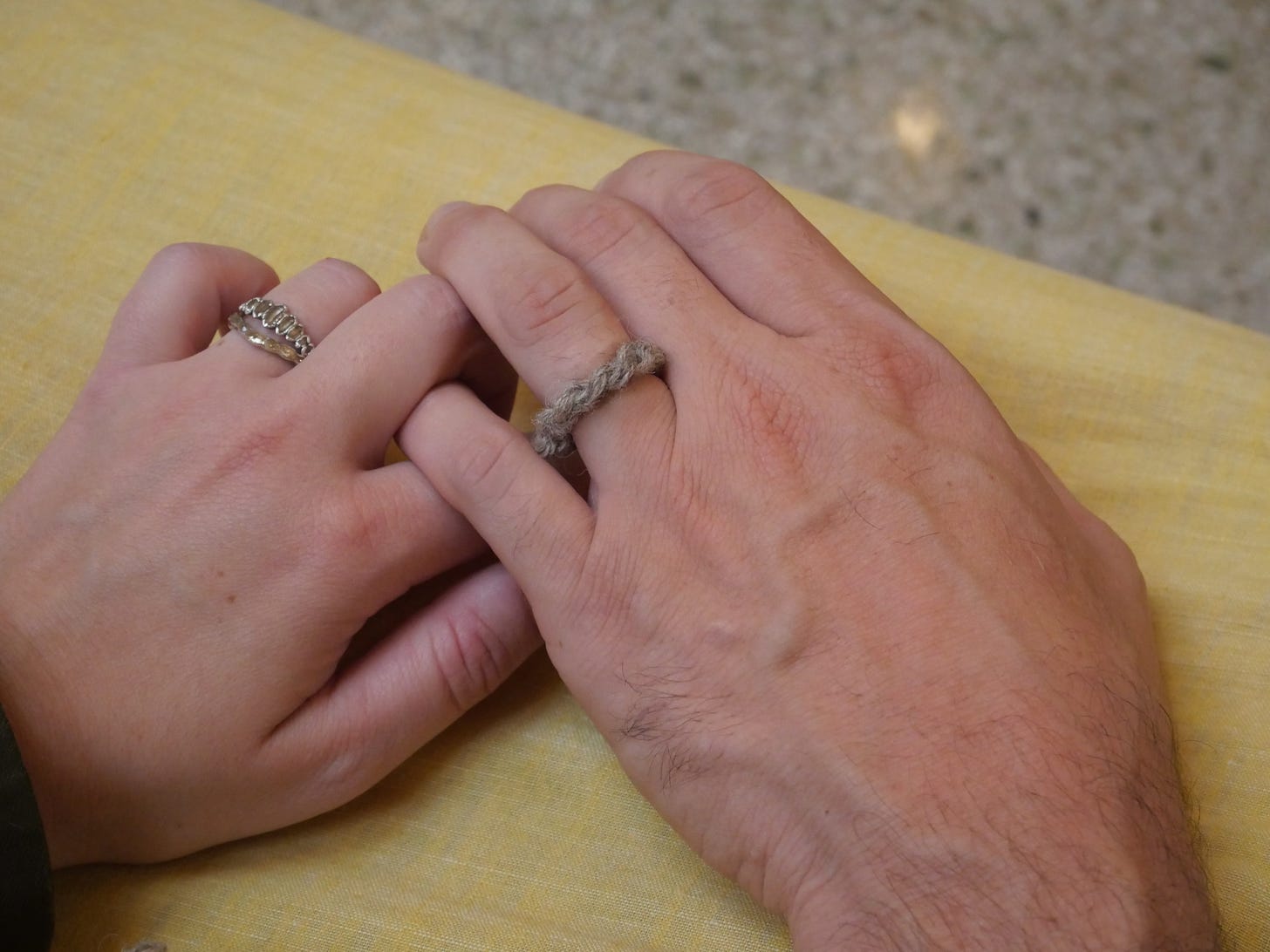
I'm glad you wrote this. ❤️ I enjoy your husband's writing, but you've definitely got a voice all your own and I'm glad you've shared your perspective.
Accepting hospitality may be harder than being hospitable. Is it awkward staying at strangers’ homes? I like how you bring knitting to occupy yourself while the men talk. You are being supportive and interested and still doing something you want to do. And last, providing meals while you are camping!! How hard that must have been and yet I bet it was delicious! Eating outside enhances all food.
Thank you for the fine article which I enjoyed reading.